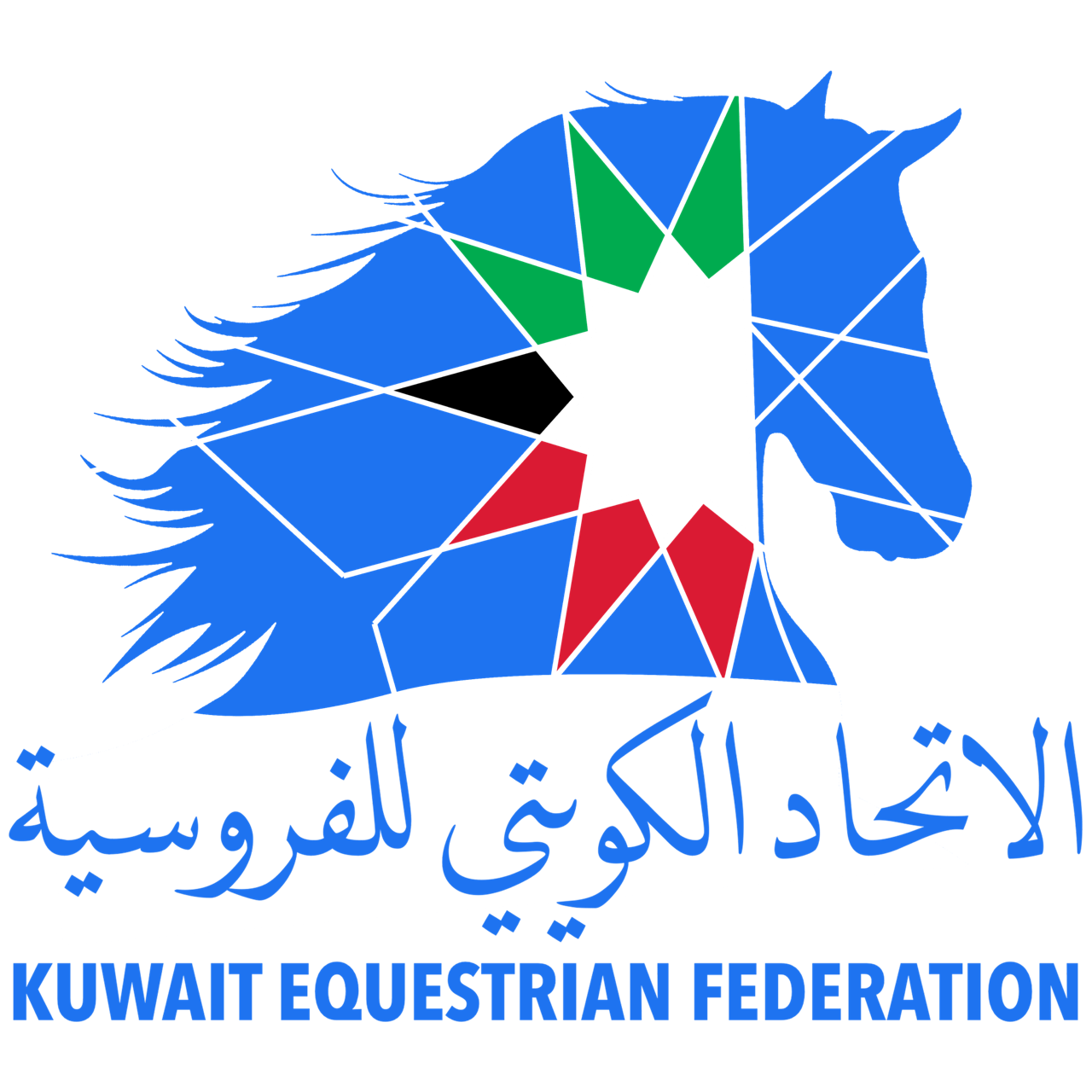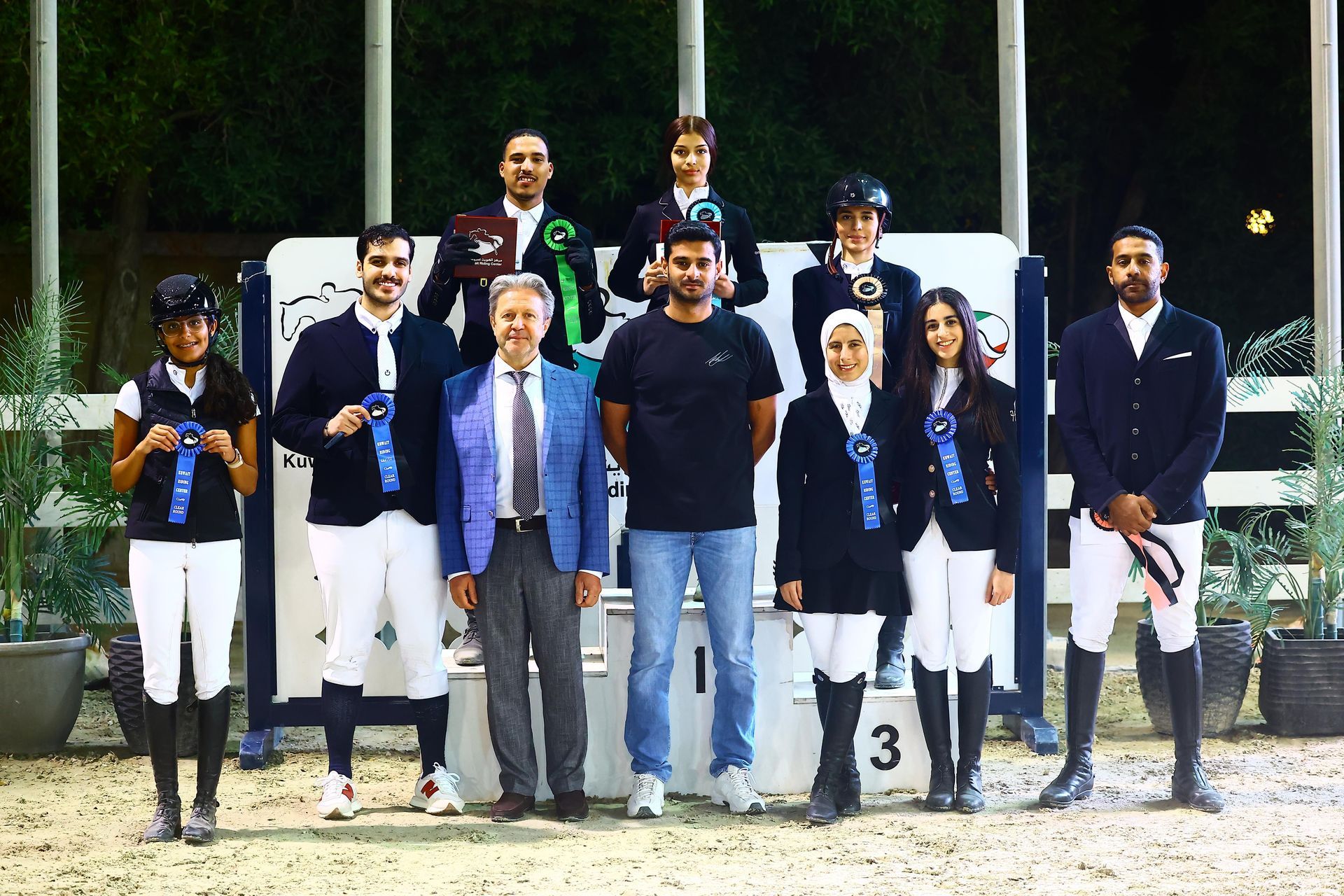The ingredients to become a good dressage rider
It doesn’t matter if you are at the start of your dressage career, or if you are already a Grand Prix (Highest level of dressage) rider.
You have to know and have to learn how a horse thinks, you have to speak the same language as your horse to be able to ride and train your horse.
To be able to understand a horse you have to go back to a horse's nature, of course now in the present a horse is much further away from their natural habitat. A horse is from nature a flight animal, and follows his leader.
This nature makes a horse trainable. We as people easily make animals human, but they think much more simply then we do.
Riders often overthink everything, this is why it's very easy to have miscommunication with your horse.
Horse language
How does a horse learn? And how is it possible that we understand each other ?
A horse learns by action → reaction. There is a huge difference if you ride a trained horse that already understands your aids, or if you ride a younger horse that needs to learn the language we are speaking. If you want to ride your horse you have to be his leader and his friend, to be consequent is key!
A horse will feel a fly on his body, he will wipe his tail and take the fly away. Every horse from nature is very sensitive. We people, put on a bridle, a saddle, a wip , spears and will sit on a horse with our wait and all our thoughts. Unconsciously we give every moment we are sitting on a horse a lot of signals, a horse does not understand what he should react to, that's why there's so much miscommunication. But if you are really aware of the signals you are giving your horse you can be a great dressage rider.
By being very consistent in your actions and reactions, your horse and you will start to better understand each other. A horse learns through clarity and reward.
Often when a horse doesn’t understand you, the horse will shut down. Your will end up in a vicious cycle where both the horse and you will become frustrated.
Whether you are standing next to your horse or are riding, be very aware of every action you take and every response that your horse gives you in return. Ask yourself the following questions:
• What exactly is it that I want from my horse?
• What action am I taking to achieve that goal?
• What response is my horse giving me?
• Is that the response that I expected or wanted?
• If yes: reward your horse, and then do nothing (release pressure)
• If not: repeat with a clear action until your horse gives the right response
• The right response = reward
When miscommunication occurs, or you don’t know how to solve a problem anymore, always try to ask yourself the above mentioned questions.



